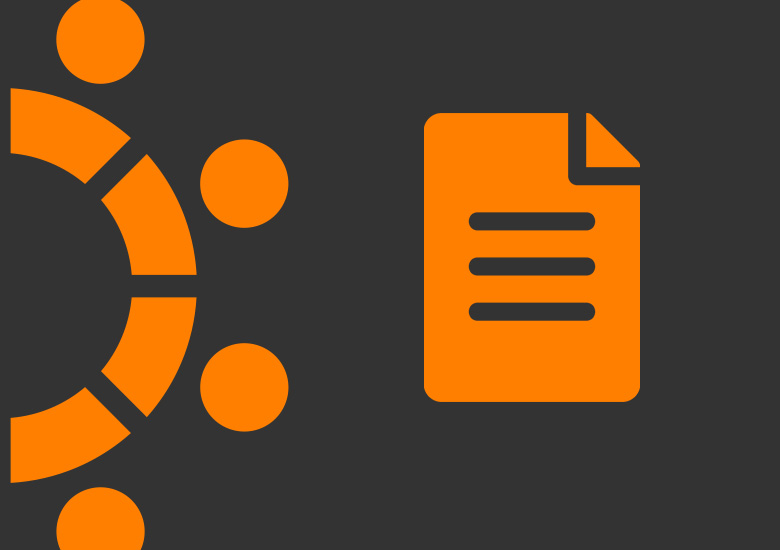No ‘free’ in freedom for survivors of gender-based violence

As we celebrate Freedom Day and South Africa’s historic first democratic elections in 1994, it is also an important time to pause and reflect on the declining levels of freedom for so many of our women, children, LGBTQIA+ persons, and other vulnerable members of society. The stark reality is, every day, this hard-won freedom is being eroded by soaring rates of violence and abuse being perpetrated against the vulnerable.
As South Africans, we should collectively be appalled by the fact that thousands of women and children will be subjected to beatings, sexual abuse, trauma, discrimination and even loss of life, on the very day that we celebrate our country’s freedom.
Recent crime statistics indicate that things are only getting worse. Between July and September 2021, 9,556 people were raped, a 7.1% increase. A sample of 6,144 rape cases revealed that 3,951 of the incidents took place at the home of the survivor or the home of the rapist. The same data reported over 9,500 gender-based violence cases, and 13,000 cases of domestic violence, with a shocking increase of 7.7% in women being murdered.
During their lifetime, one in three women, around 736 million, are subjected to physical or sexual violence by an intimate partner or sexual violence from a non-partner – a number that has remained largely unchanged over the past decade, according to a recent global study by the World Health Organisation.
It is clear that all of those who can celebrate today – those who are not suffering from abuse – need to stand up and raise their voices against this ongoing deterioration of the freedom that so many fought so hard to attain. The fact that this is happening in the hearts of communities, in our schools and cities across our country – right on our doorsteps – should be enough to say: Stop!
Two years ago, on establishing the crucial roadmap to ending gender-based violence and femicide (GBVF) – the National Strategic Plan on GBVF – President Ramaphosa highlighted the dire state of affairs and raised a rallying cry for us all to do more. So, as we celebrate on Freedom Day, it is important to remember his words about the hard road ahead: “GBVF is an ill that has left no sector of society untouched. We call upon all South Africans to be part of the implementation of this National Strategic Plan, to support it both materially and morally, and to be active forces for change in their homes and their communities”.
It could not have been expressed better, and it must be clear that if we do nothing, fewer people will celebrate being free in the future.
It is worth repeating that the strategic plan – an initiative from which the GBVF Response Fund1 was born – is anchored by five key interventions:
- To urgently respond to survivors and victims of GBVF.
- Broadening access to justice for survivors.
- Changing social norms and behaviour through high-level awareness raising and prevention campaigns.
- Strengthening existing architecture and promoting accountability.
- The creation of more economic opportunities for women who are vulnerable to abuse because of poverty.
Since launching the Fund over a year ago, we have been galvanising support through a truly multi-sectoral approach – we work across government, the private sector and civil society – to drive progress to realise a South Africa free from GBVF. The Fund is now one of the key catalysts in driving the multi-sectoral response needed to accelerate action and change, as it includes powerful and actionable government, civil society and private sector commitments.
With just over R200m pledged from companies and organised business, we are hard at work supporting 110 grant partners with critical funding to roll out key support interventions in communities that are deeply affected by GBVF.
As we continue to work towards expanding and enhancing the work we do and drastically reduce the levels of GBVF in hot spots in the year ahead, we need to recognise that success requires more awareness, behaviour shifts, support and action. The time for talking is over.
Simply put, South Africa cannot have the most progressive constitution in the world on paper, yet be unsafe for its inhabitants. In the words of Malcolm X, from a speech in 1965: “You cannot separate peace from freedom, because no one can be at peace unless he has freedom”.
A country that is free from GBVF directed at women, children, LGBTQIA+ persons, the elderly and the disabled, is a vision which we must all aspire to achieve in our lifetimes. This is essential if we are to advance as a nation and society, leaving a future in which future generations can live in harmony. Let’s use today, Freedom Day, to ignite change that brings peace and freedom for all.
In concluding, we at the Fund extend our heartfelt sympathy to all who have been impacted by the devastating KZN floods recently – those who have lost the freedom to have some of their most basic needs met – shelter, food, water, clothing, blankets and so much more – but more importantly, to those who have been injured or lost loved ones. We stand in solidarity with these members of society and those who are offering much needed support and relief during this difficult time.
